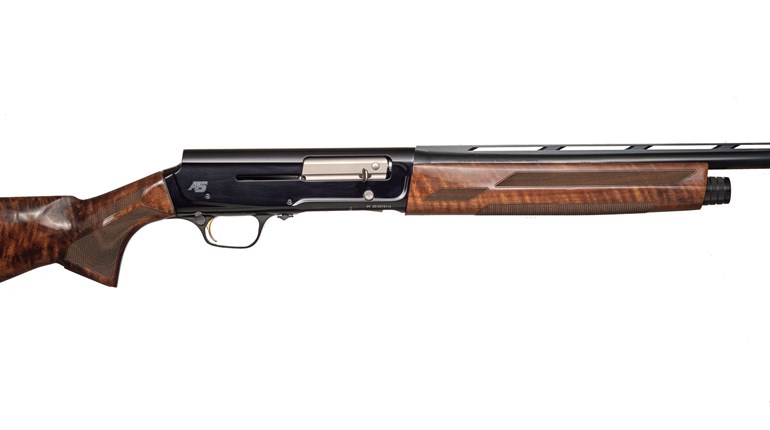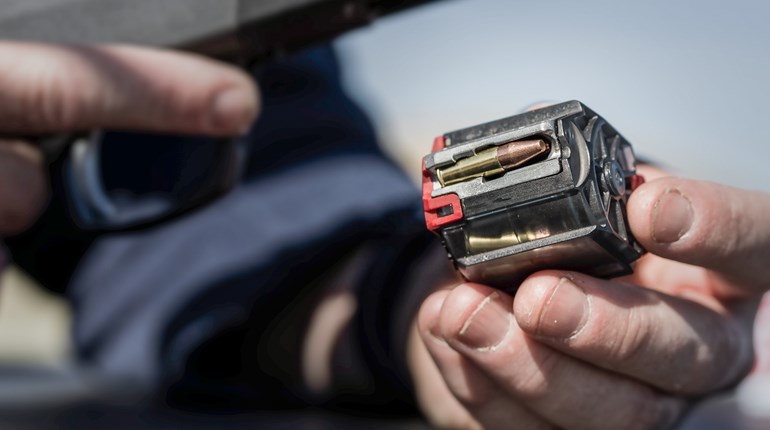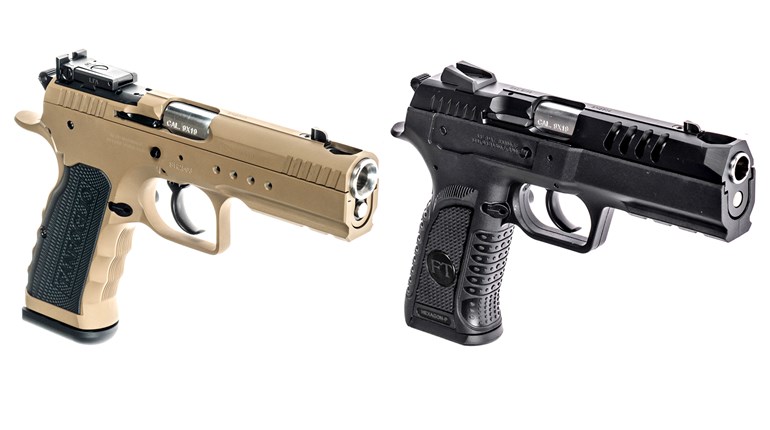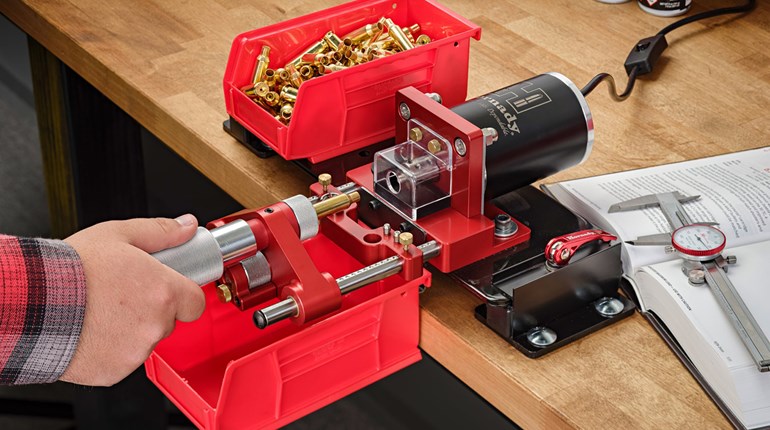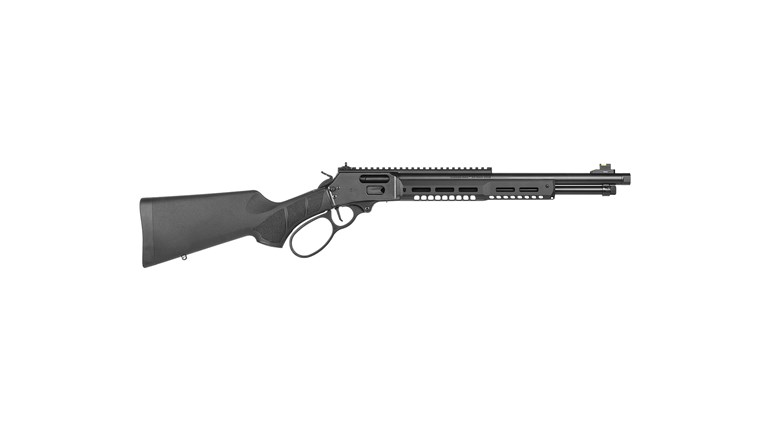
I’m typically not the geek who hangs a bunch of gadgets from a defensive shotgun. A big reason why a shotgun sits by my bed rather than a rifle is because it’s simple and intuitive. I’ve been shooting a similar model since I was 12, so any changes can complicate things when the pressure is on.
One exception is a flashlight. It’s almost a must, especially for a shotgun that occupies both hands. But, recently I’ve received several letters asking about lasers. Some opine they make “fast and accurate hip-shooting” possible, among other things.
I’ve resisted for several reasons. One, a laser adds weight, snag points and takes up space that can be used for a flashlight. Secondly, shotguns are not precise tools like rifles, and so a projected laser sight is unnecessary. And hip shooting? C’mon! This is life and death, not some silly Michael Bay movie.
Besides, the authority on tactical shotguns in my book is former SEAL Team 6 member Dan Capel, who has demonstrated his skill with a shotty to a large pile of bad guys. He says lasers are unnecessary on shotguns, and reminds us that when the guns start banging and smoke fills the room, lasers become useless.
However, to humor a few Shooting Illustrated readers, I discovered two lasers I’d consider bolting to my shotgun and at least give a laser a try. One is Crimson Trace’s Rail Master Pro unit that’s a flashlight and laser in one. It’s compact at 2.3 inches long by 1 inch tall, weighs 3 ounces and has a simple touch on/off switch that I can reach naturally with the finger of my fore-end hand. It can be quickly programmed to turn on the light only, the laser only, both simultaneously or strobe. The other is Streamlight’s TLR-4 flashlight/laser. I’d trust either of these units.
In order to install the Rail Master Pro on my Mossberg 930 Watchdog shotgun, I ordered an $8 tri-rail from Amazon that clamps to Mossberg’s magazine tube. It took less than 5 minutes to install both the rail and the laser, then another 2 minutes to co-witness the laser to my shotgun’s bead. Then I fired a bunch of shells. Here’s what I found:
Pros:
I wanted to prove that “accurate hip shooting” is a misnomer. Having little experience in it, I locked the buttstock into my hip by clamping it down with my trigger-side elbow. Thanks in part to the 930’s gas action, recoil wasn’t an issue with birdshot, but certainly became more of one as I moved to heavier loads. I wouldn’t want to shoot a round of skeet like this, but a few shots were surprisingly mild.
First, I tried hitting soda cans at 7 yards without the laser turned on, while shooting as fast as I could. (I used loose soda cans instead of stationary targets because I wanted them to move after I shot them so I’d have to find them before re-engaging.) I averaged two of four cans in 9 seconds. With the laser I hit four of four cans in 7 seconds. From the shoulder, point-shooting without the laser, I averaged three of four hits in 2 seconds. When using the front bead to aim as defensive shooters should, I averaged four of four hits in 3 seconds. With the laser, I averaged four of four hits in 3 seconds.
Lasers make accurate hip shooting possible. It is not as fast as point-shooting, but point-shooting is not advisable because it’s not accurate, especially under pressure. A laser is just as fast and accurate as using the bead sight to aim.
There are two huge advantages of pressing your face hard against the stock of a shotgun while shooting. First, it aligns the eye down the stock so the bead can be used accurately. Secondly, it mitigates recoil. But, pressing your face on the stock also eliminates roughly 35 percent of your peripheral vision. I noticed the laser allows me to keep my head up, slightly off the stock, both eyes open, while still allowing accurate shooting. This increases situational awareness. Of course, recoil was magnified, but it’s doable.
Cons:
A laser occupies space that could be used for a more powerful flashlight. But in fully dark conditions indoors, the Rail Master Pro’s 100-lumen light was perfectly adequate. Outdoors, however, the beam became inadequate past 25 yards. A laser relies on batteries, so it can fail—it should never be relied upon exclusively. Lastly, top-quality lasers aren’t cheap. The Rail Master Pro costs $289 (red), While the 125-Lumen TRL-4 is $228.
So what's the verdict? While a laser sight offers several advantages over a bead in certain scenarios, I don’t think it’s worth its weight, complexity and profile if it’s mounted in addition to a mandatory flashlight. But when packaged in tandem with a flashlight, it’s a handy bonus, albeit an expensive one. Besides, you can always use your trusted bead if gunsmoke fills the room.













